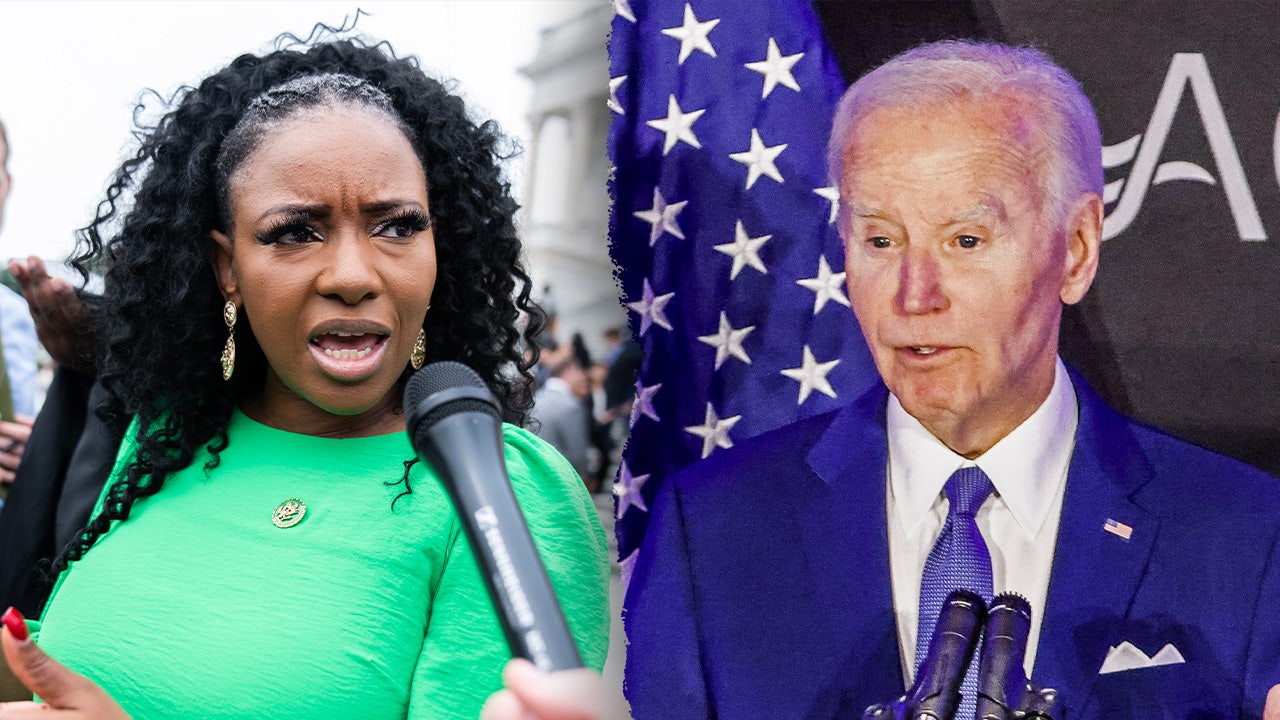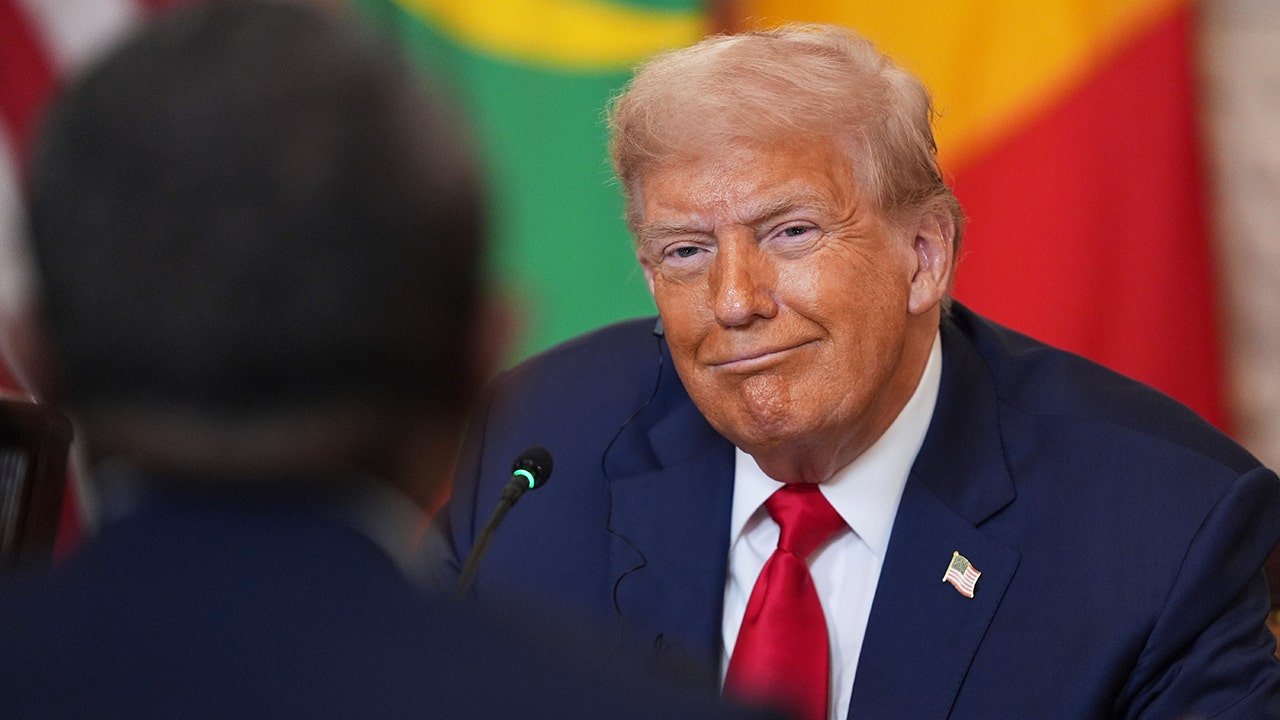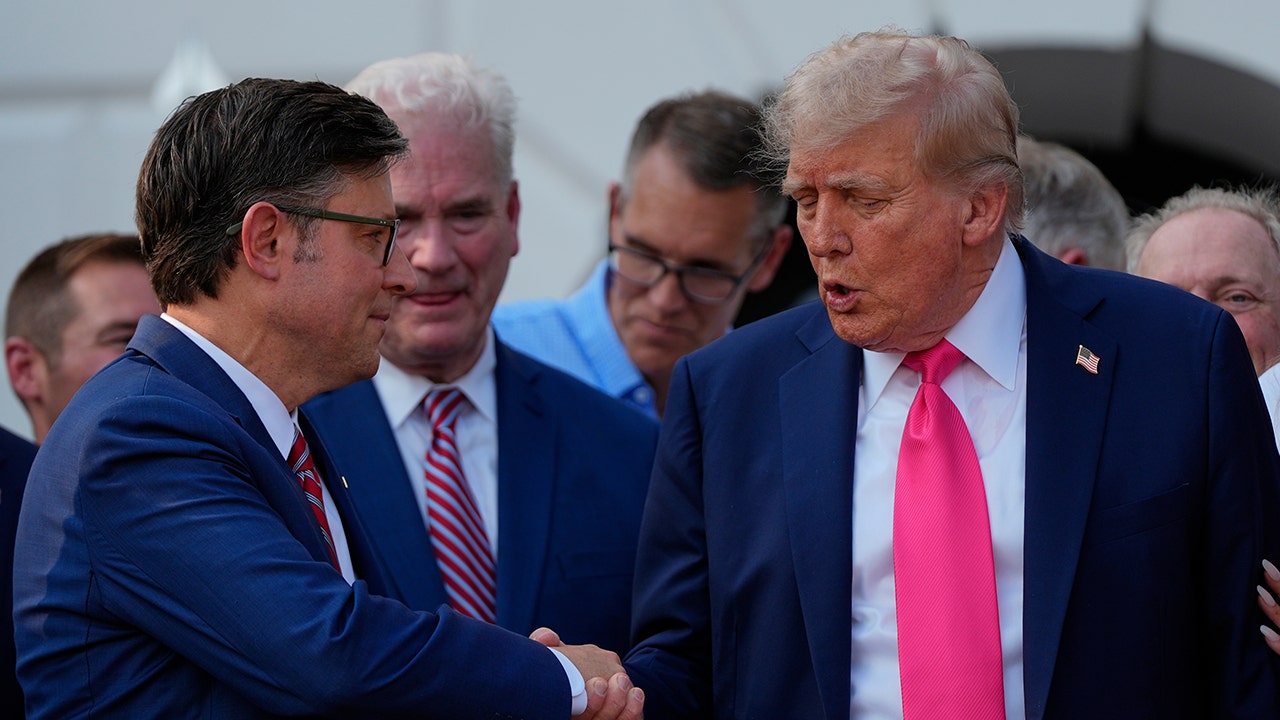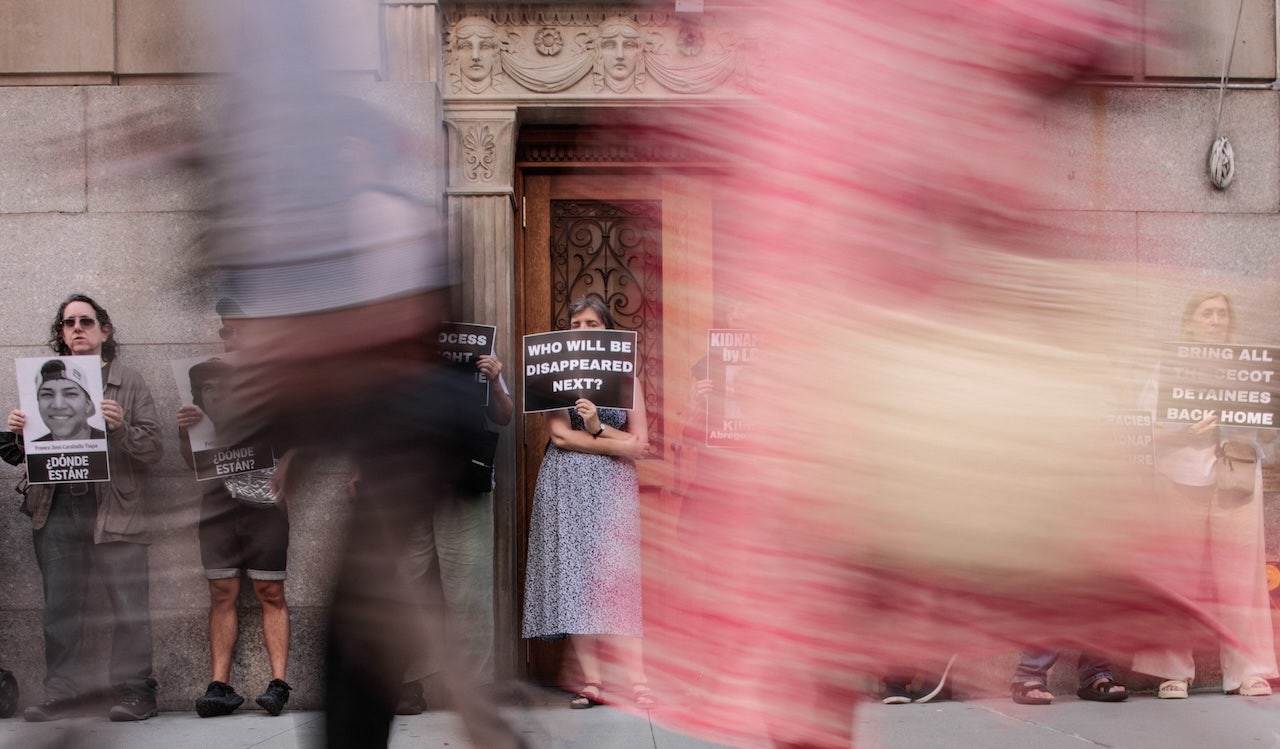States brace for ‘No Kings’ protests during Trump’s military parade
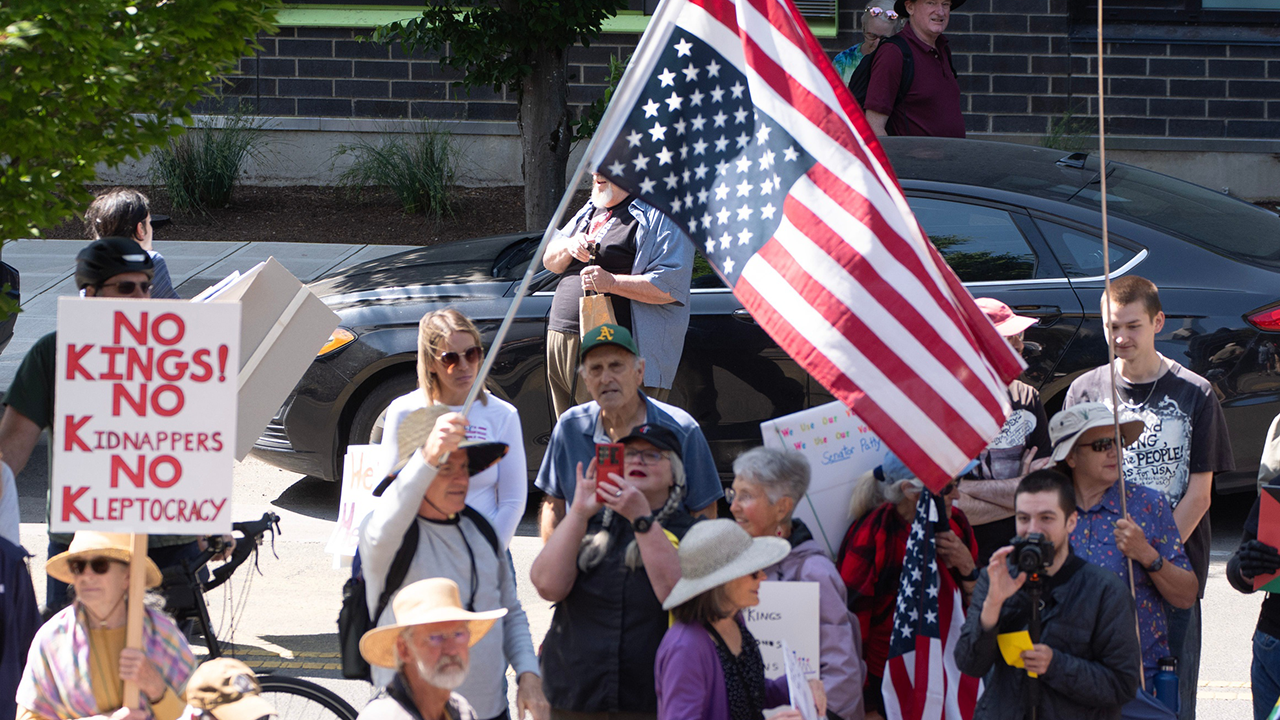
As President Donald Trump’s military parade begins in Washington to mark the 250th birthday of the U.S. Army, governors in various states are on high alert for potential violence at demonstrations opposing the parade. There is also anger surrounding the belief that the parade is a way to celebrate the president’s 79th birthday.
A loose coalition of counterprotests, known as “No Kings,” is expected to occur in smaller cities across the country, particularly in red states such as Shepherdstown, West Virginia; Valdosta, Georgia; and Austin, Texas. West Virginia Governor Patrick Morrisey has acknowledged several planned demonstrations in the state, emphasizing the importance of upholding law and order while respecting the right to free speech and assembly.
Protests are anticipated in West Virginia’s Wheeling, Charleston, and Martinsburg, with the West Virginia State Police prepared to intervene if necessary. Virginia Governor Glenn Youngkin has integrated the Virginia National Guard with the Virginia State Police to safeguard life, property, and traffic flow amidst potential disruptions.
In response to the demonstrations, Governor Kemp of Georgia has stated his readiness to address any protests in the Peach State, emphasizing the importance of protecting communities from crime and violence while upholding the right to peaceful assembly. Pennsylvania Governor Josh Shapiro has overseen a significant “No Kings” protest in Love Park, Philadelphia, urging protesters to maintain peace and avoid violence.
By early afternoon on Saturday, a protest in Chicago drew a large crowd, with notable figures like Rev. Jesse Jackson participating. Walmart faced boycott threats after Chrissy Walton, a relative of the company’s founder, endorsed the protests. Walmart clarified that it does not endorse the protests, and Walton does not hold any official position within the company.
The protests across the country reflect a growing sentiment of dissent and frustration with the current political climate. As tensions rise, state officials are working to balance the protection of individual rights with maintaining public safety and order.
This article highlights the ongoing protests and the efforts of state governors to address potential unrest while upholding the principles of free speech and peaceful assembly. The diverse reactions to the military parade and associated protests underscore the complex and evolving dynamics of political expression in the United States.

